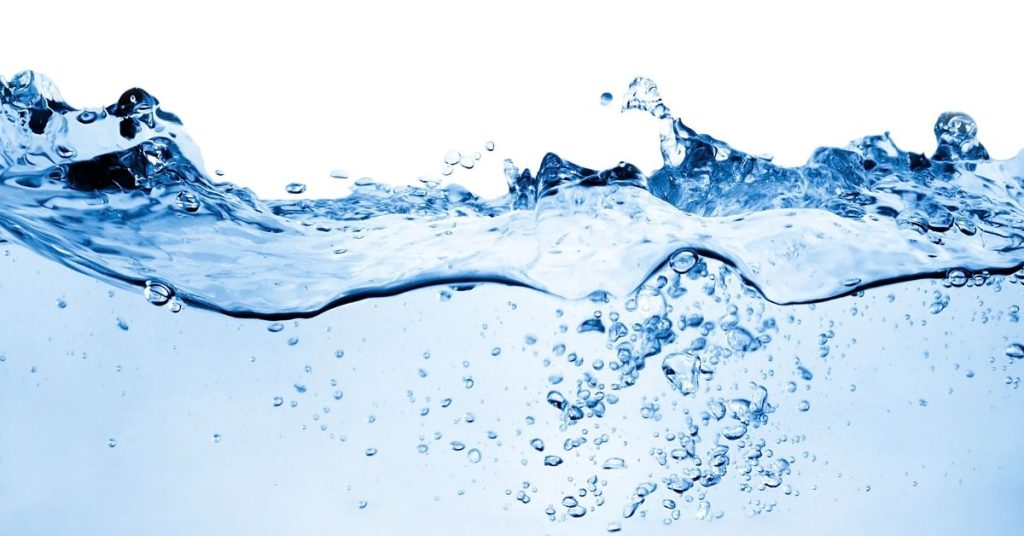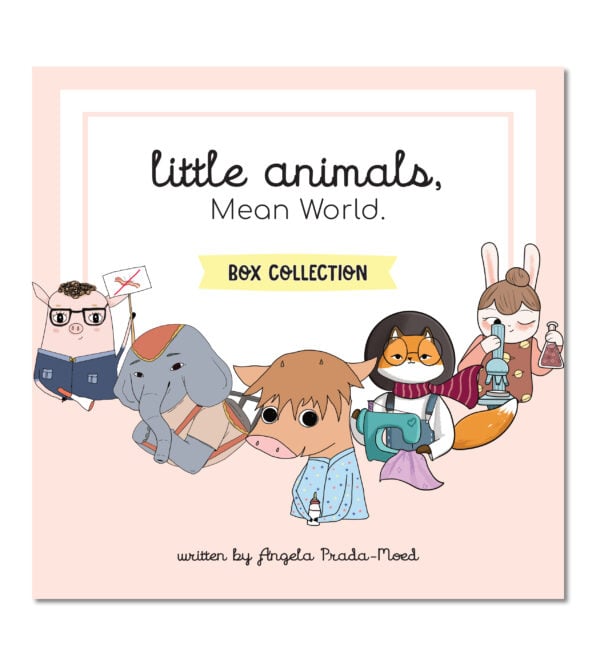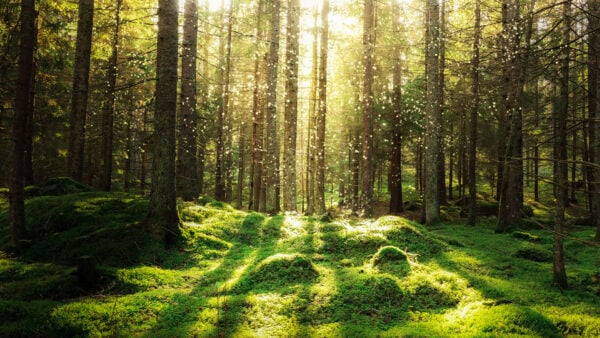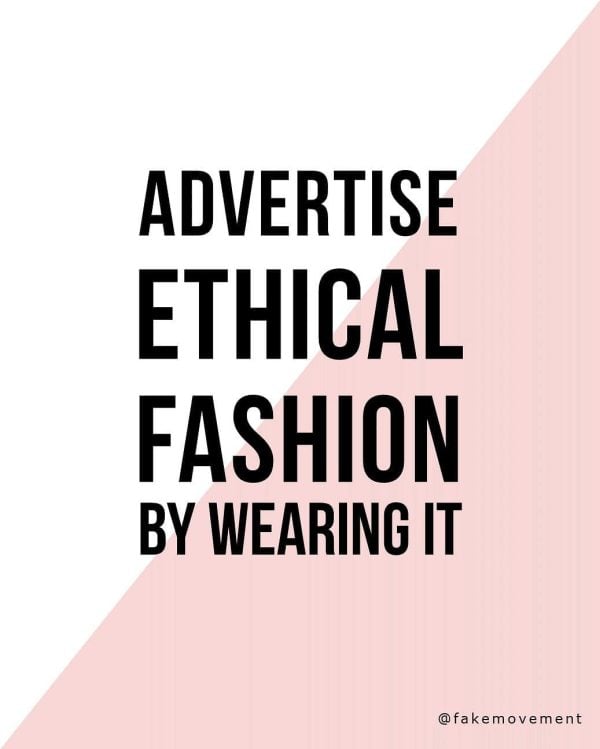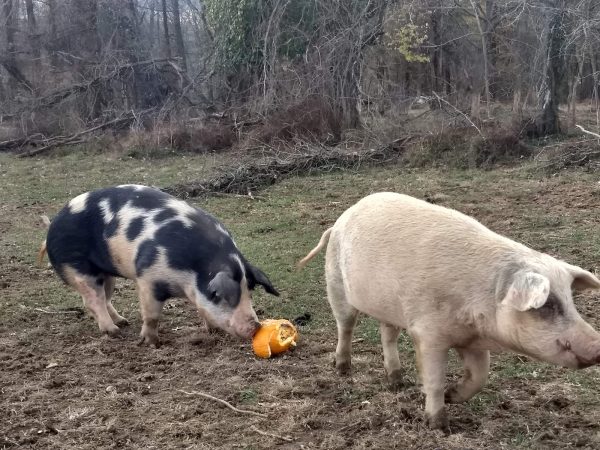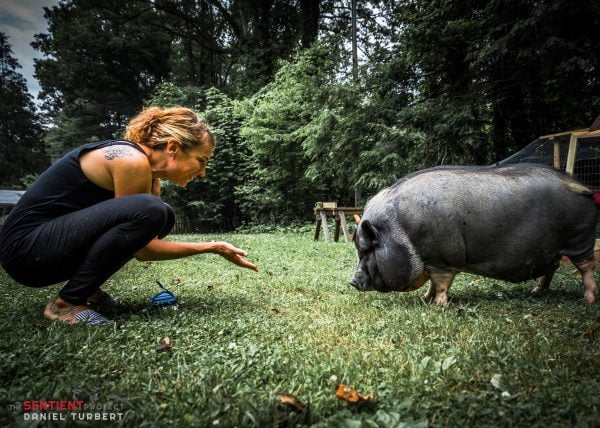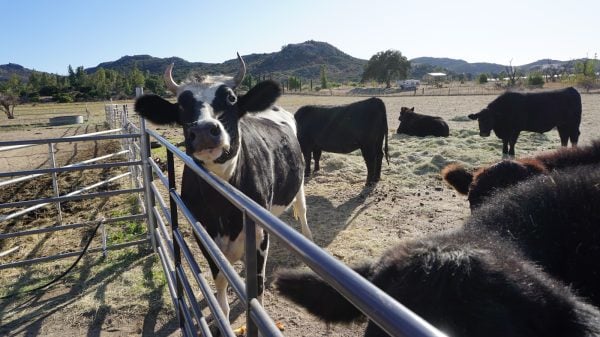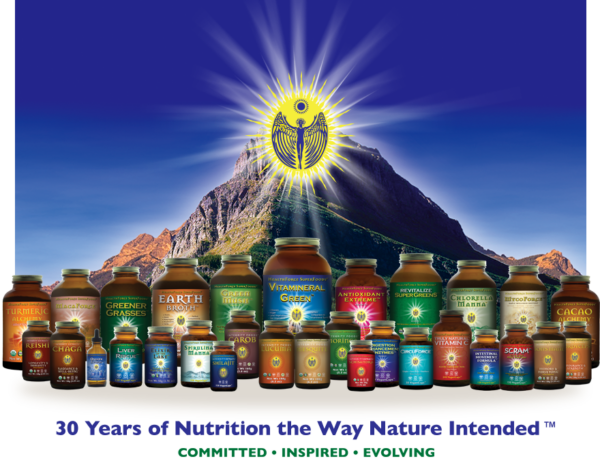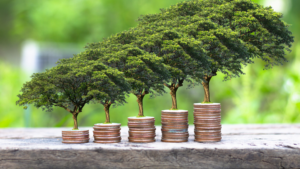World Water Day is an observance day held annually on March 22 since 1993. Convened by the UN General Assembly, it celebrates water as a precious and crucial resource but importantly raises awareness of the issue of water scarcity that currently affects over 3 billion people in different ways all over the world who lack access to safe water.
Author: Juliette Stokes
This year World Water Day and World Toilet Day, which will happen in October, have a central theme running through for everyone to “be the change you want to see.” This message is designed to stress everyone’s role in helping to create transformative change globally. As our population grows and resources become increasingly stressed, our population needs to be more aware of the urgency water-related issues pose to our planet and future generations.
Human Impacts On The Water Cycle
Humans have become extremely influential in perpetuating water insecurity worldwide, despite the fact our hydrological cycle is a closed system. Our world is made up of 70% water, but only 2.5% of our earth’s planet is fresh, so it needs looking after. Global warming has been detrimental to thousands of people accessing clean and safe water. The warming climate is impacting the size and rates of input, and output flows into the hydrological cycle, which has several effects, such as changing precipitation patterns, droughts, or flooding.
Currently, over 40% of the world’s population lives within a river basin experiencing extreme problems with scarcity, with these numbers only growing and becoming exacerbated by fluctuating and out-of-season climates. Other human factors like mismanagement and undeveloped infrastructure contribute to worsening issues in accessing this precise finite resource.
As 2030 approaches and the ability to reach the target set out in Sustainable Development Goal 6 to ‘ensure availability and sustainable management of water and sanitation for all’ gets further out of reach. The UN states that we need to act 4 times faster to reach this target that has been promised to be met by 2030. Each year World Water Day is becoming increasingly important.
Annual Report
Each year a World Water Development Report is released around World Water Day. It outlines and equips those in policy or government with the tools and frameworks to help implement sustainable water management strategies. The report is organized by UNESCO’s World Water Assessment Programme (WWAP) on behalf of UN-Water. Last year the importance of groundwater was highlighted throughout the report as this was the annual theme. Although we cannot see it, groundwater supplies drinking water for 50% of the world’s population.
Numerous key points were made, including groundwater crossing borders, the use of harmless, biodegradable products on the soil, and efficient management. As an example, in California, a persistent lack of rainfall has meant for agricultural purposes, groundwater is being over-pumped, causing an imbalance in the local system. The solution is simple: either demand has to decrease or the supply of water has to increase, but the path to get there is challenging. Recent leads in flying sensors mapping aquifers are helping to map areas of high importance which is helping to reduce tensions. However, conflict in management styles remains.
This year the UN World Water Development Report will further focus on partnerships and cooperation with the provisional title “Accelerating Change through Partnerships and Cooperation.” After all, collaboration with all players is a key part of sustainable management which is an important focus in preventing more devastation worldwide.
Sustainable Management
Sustainable management is a term widely used during discussions by institutions, governments, and the general public, but what does this actually mean?
Sustainability is a contested term globally, as its definition and ways to measure it vary significantly. This has made it challenging to be measured and prioritized by corporations, governments, and institutions. The UN definition is open to much interpretation as it stresses the importance of ‘meeting the needs of the present without compromising the ability of future generations to meet their own needs.’ However, currently, due to power dynamics, our needs as individuals are subjected to and ‘decided’ by very few who have the power to impact the lives of millions worldwide.
Using just one solution, many scholars argue that local livelihoods need to be able to play a more proactive role in water management. Bapat and Agarwal, in their paper ‘Our needs, our Priorities; Women and Men from the Slums in Mumbai and Pune Talk about their Needs for Water and Sanitation,’ find “a disproportionate share of the labor and burden of ill-health related to inadequacies in the provision of water and sanitation in the household and neighborhood falls on women. (2003, 7). For women who are primary users here, it is valuable to access their local knowledge for sustainable management purposes. Making the case that gender is seen as a source of sustainability can merely be achieved by their participation. On all scales, micro and macro politics need to be more explicit and inequality examined, as power and global influences within sustainable policies.
What Can You Do?
It is important to understand what governments, institutions, and companies are committing to, but the general public is an important factor in reducing water insecurity, and we need to hold each other to account. There are numerous ways we can reduce our consumption and help promote awareness as individuals. To help accelerate change, the Campaign sheet released by the UN World Water Day, which I have linked below, uses a three-part strategy. Firstly one must learn, share, and then act. For example, reading this article is a great start and here is another!
Download the Activation kit for their official website and you will get access to a selection of materials, such as templates and facts, to help you learn more about the day and its importance. Next, share this information. Sharing on social media with your friends and family using the #worldwaterday. Sharing online or in person is a key tool to help inspire others and get them to pay more attention to their water consumption.
Lastly, if you haven’t already, take action yourself! Be mindful of your actions and hold yourself accountable using the Water Action list (linked below) as a guide, including commitments like taking shorter showers or eating local and actively consuming products that take fewer resources to get to your plate.
This article has hopefully inspired one to look at the issue of water insecurity with more urgency and that we cannot any longer go with the flow. We must take action into our own hands but, importantly, learn and engage with all the different actors involved. Water scarcity and its impacts may not have directly impacted you, but it is important to take a step back to learn about the socio-economic inequalities that exist surrounding our water system. We all need to ingrain into action the importance of this precious resource, and this day is a useful tool to hold governments, companies, and institutions accountable for voluntary commitments as well as ourselves.
References
https://www.un.org/en/observances/water-day
https://www.unwater.org/bethechange/
SUBSCRIBE TO OUR NEWSLETTER
Vkind Vibes is our popular weekly newsletter where we share the latest news, tastiest recipes, and hottest trends impacting the VegEconomy. SUBSCRIBE NOW!
WANT MORE?
JOIN US AT VKX 2023! The Vkind Experience (VKX) is an immersive plant-based event celebrating travel, culture, and cuisine around the world as guests explore 11 experiential rooms while sampling an elevated fusion of world flavors.JOIN THE VKIND COMMUNITY Download the Vkind app on the App Store or Google Play to create your social profile and start sharing reviews of vegan businesses, watch original content, and explore the plant-based world with your friends!
JOIN THE VEGECONOMY Are you a vegan brand owner or professional? Add your listing to our business search platform to get more eyes on your vegan enterprise.
TAKE THE VEGECONOMY PLEDGE Take the VegEconomy Pledge to show support for sustainable business practices and make a commitment to Spend Like You Give A Damn.
WATCH & LEARN Subscribe to our YouTube channel for our latest shows, live events, interviews, videos, news, secret giveaways & more!
STREAM “PEELED”, THE ALL-VEGAN COOKING COMPETITION SHOW Produced by Vkind Studios in a limited 3-part web series, Peeled is the award-winning all-vegan cooking competition show that’s on a search to find “America’s Hottest Vegan Chef”.
FOLLOW & SHARE Our content is always entertaining, educational, and inclusive. Follow us everywhere on social media!
SHARE VEGAN RECIPES Share your delicious vegan recipes with the Vkind Community on our app and website.

